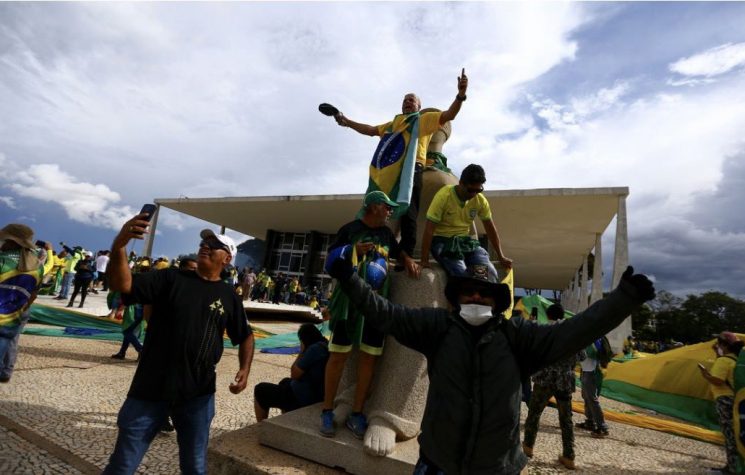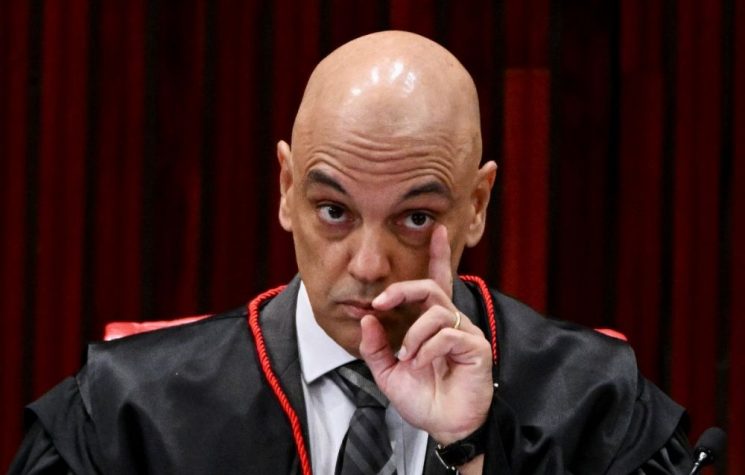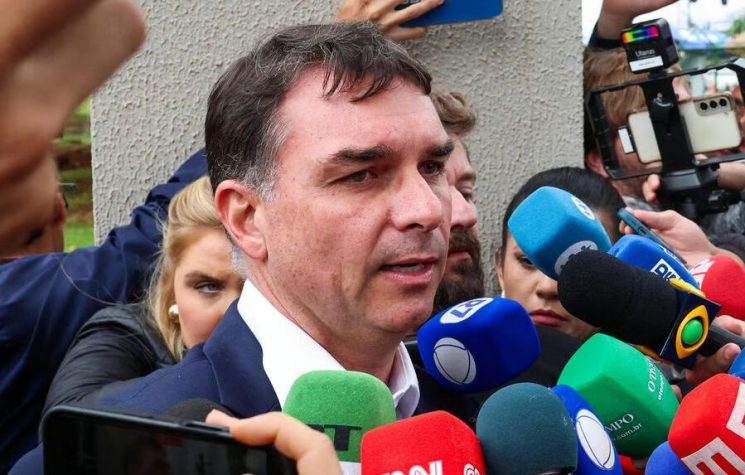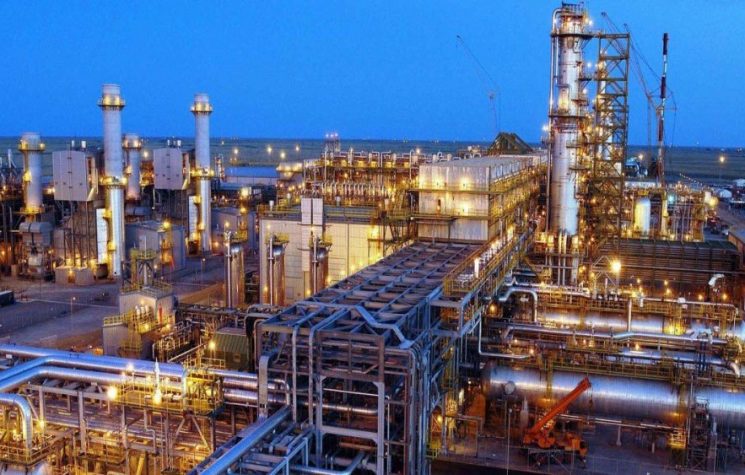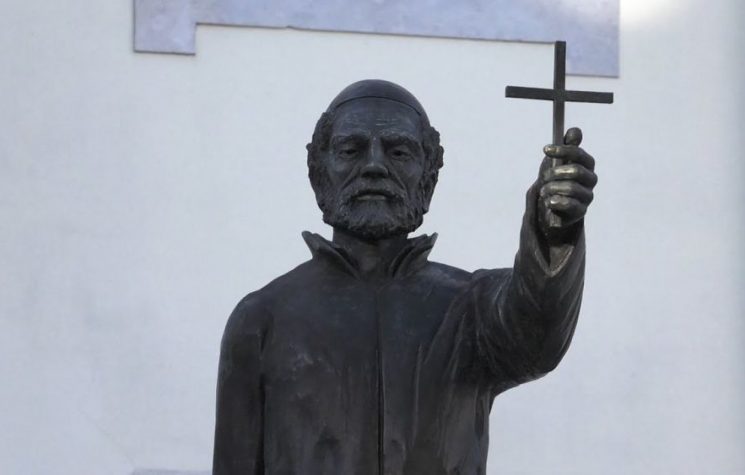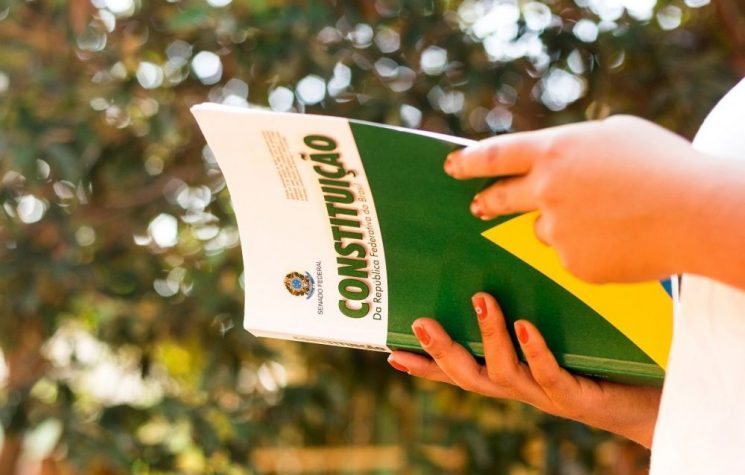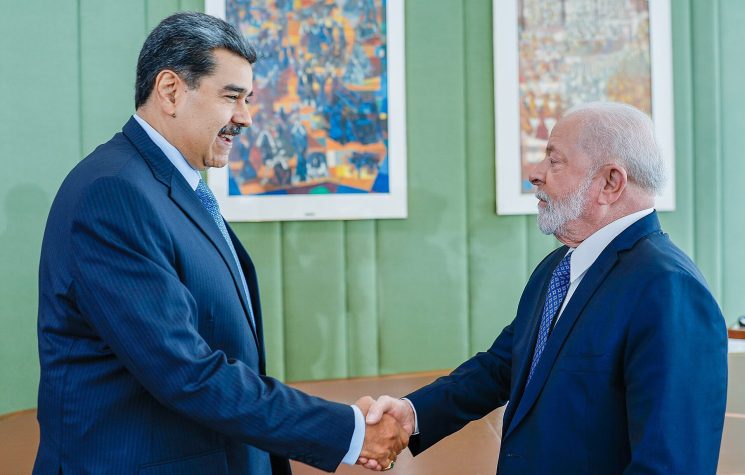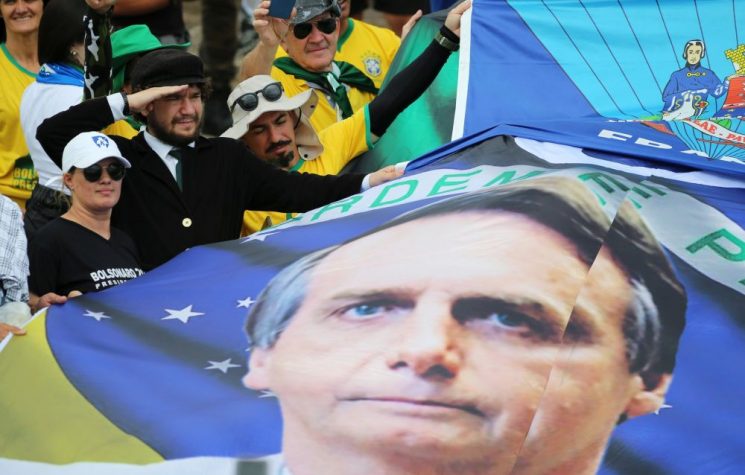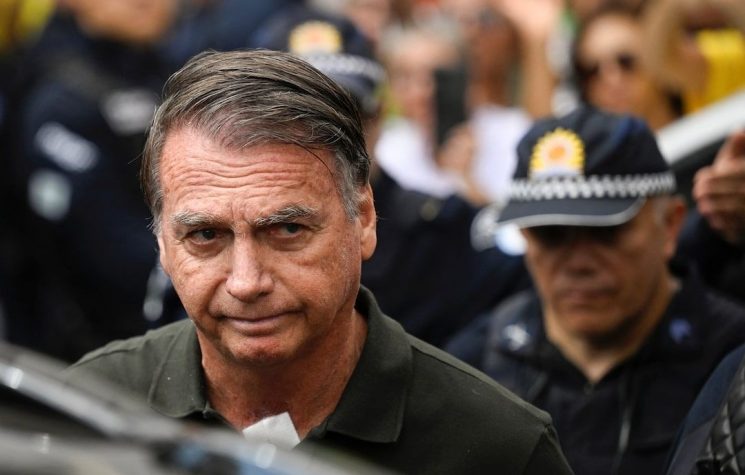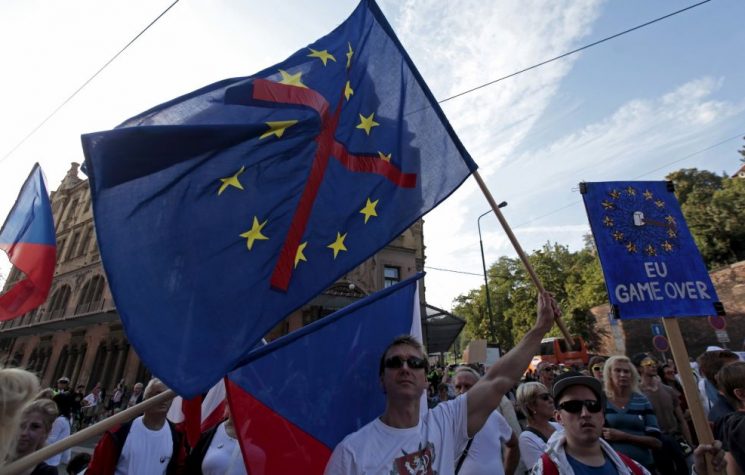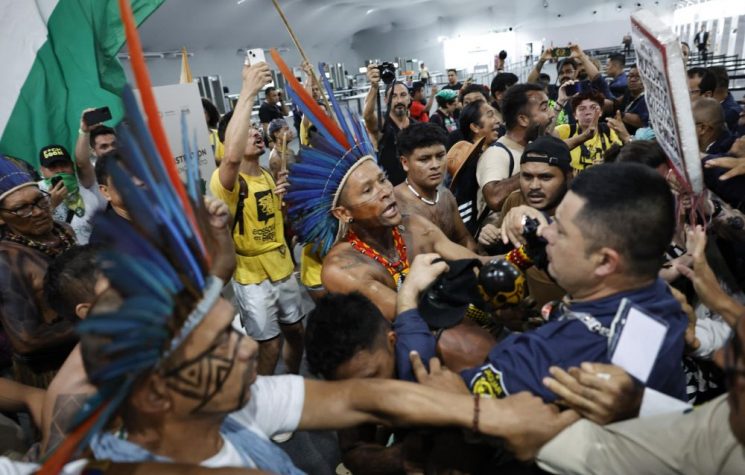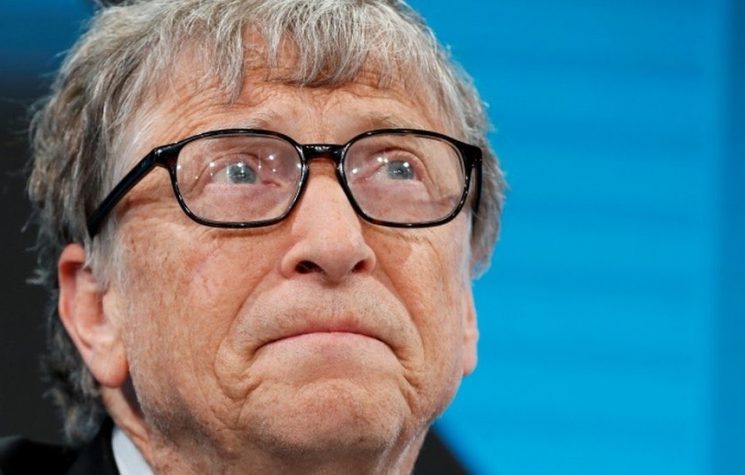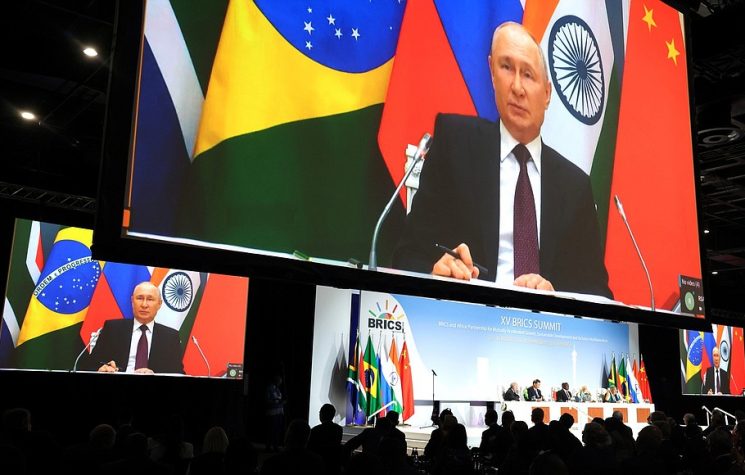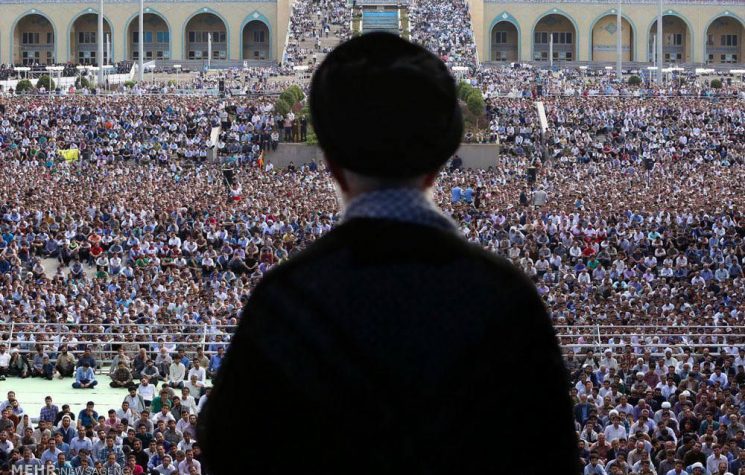It is only the indigenous communities who are clarifying the importance of their inclusion in political decision-making with regards to the environment.
The Indigenous Missionary Council’s (CIMI) annual report on violence against indigenous communities in Brazil in 2020 illustrates an expansion of human rights violations committed during Jair Bolsonaro’s second year of his presidency. Under the guise of the coronavirus pandemic, land exploitation continued while indigenous communities benefited from no state protection.
Increased illegal incursions into indigenous territory by miners, loggers, farmers and hunters contributed to the spread of Covid19 among indigenous communities, which resulted in 900 deaths – a loss in terms of indigenous history, memory and culture.
Furthermore, the Brazilian government’s encouragement of land exploitation, in particular the legal proposals to open up indigenous territory to industrialization, contributed to an increase in violent clashes over territorial rights, with an increase of 174 percent in 2020 over 2019.
Equally important, and in line with the previous statistics, is an increase in the number of indigenous people murdered in 2020, when compared to 2019, with 182 and 113 people killed in these respective years. Last year’s tally represents a 61 percent increase over 2019. Additionally, 304 cases of violence were recorded in 2020, in comparison to the 277 cases documented in 2019.
In 2020, heritage related crimes amounted to 1,191 cases, while suspended demarcations of indigenous territory remains a key component of Bolsonaro’s presidency with 64 percent of territory still awaiting identification.
Bolsosnaro was one of the world leaders purportedly committing to halt deforestation by 2030, but his track record indicates otherwise, particularly when reports called out the deterioration of Brazil’s environment. The intimidation exhibited towards institutions and agencies is also reflective of the violence employed towards indigenous communities in Brazil, whose indigenous status is ridiculed by the government and who are the last standing frontline in between the rainforest and Bolsonaro’s exploitative politics.
How does Bolsonaro, for instance, seek to reduce deforestation when agribusiness is one of Bolsonaro’s main electoral bulwarks?
At the COP26 conference in Glasgow, indigenous representatives highlighted the Brazilian government’s contradictions. “If there is no protection of indigenous territories and rights, there will also be no solution to the climate crisis, because we are part of that solution,” Sonia Guajajara, head of the Articulation of Indigenous Peoples of Brazil (ABIP), declared.
This is one core issue where Bolsonaro is intentionally failing, for profit. A recent report illustrates how indigenous reserves in Trincheira have been targeted by invaders who destroyed 20 hectares of forest area and planted grass, paving the way for additional pasture area and affecting 18 indigenous reserves. According to Global Forest Watch, this year’s deforestation in Brazil is already over 72 percent higher than the same period in 2020. Josiane Tavares dos Santos, leader of Trincheira, described the destruction as “becoming an island in the middle of farms.”
Clearly, the EU for example has failed to heed indigenous warnings. Commenting on Bolsonaro’s pledges to end illegal deforestation during a meeting with foreign affairs and environment ministers, EU Vice President Josep Borrell stated, “The will is there, because the ministers know that it will be good for Brazil to put an end to illegal exploitation of the Amazon Rainforest.”
In 2019, EU firms were among those benefiting from Brazil’s illegal logging business – an issue which ought to be investigated as part of the bloc’s complicity in abetting both the Brazilian government and illegal deforestation.
It is only the indigenous communities, however, who are clarifying the importance of their inclusion in political decision-making with regards to the environment. The international community makes an erroneous distinction between indigenous communities and their environment. CIMI’s report should serve as an eyeopener in terms of how indigenous communities require political protection, but the world would prefer to dissociate, thus associating politics with businesses and destruction with the humanitarian paradigm.











